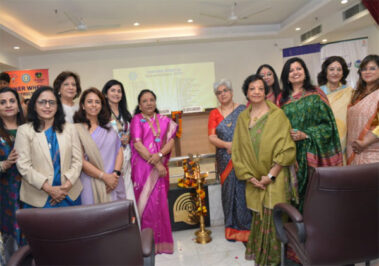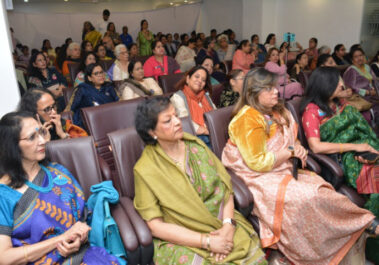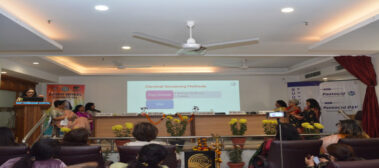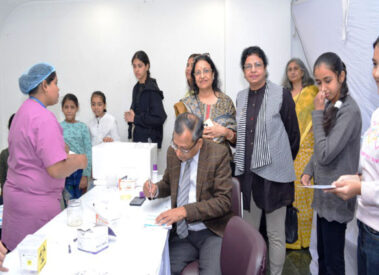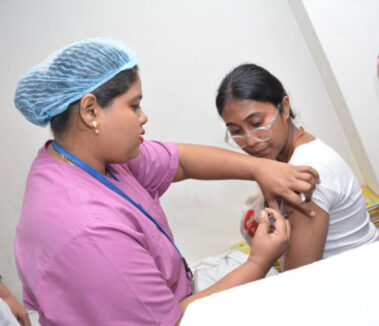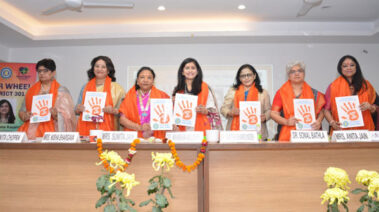27th November 2024
Venue: Sant Parmanand Hospital, 18 Shamnath Marg Civil Lines, Delhi-54
Organized by: Department of Obstetrics & Gynaecology,Sant Parmanand Hospital, Innerwheel District 301 & Okti Foundation
Target Audience: Women of all ages with a focus on adolescent & young women.
A Cervical Cancer Vaccination Camp was organized on 27th November 2024 with the goal of raising awareness about cervical cancer and providing vaccination to prevent the disease. The event aimed at educating the public, especially women and young girls, on the importance of vaccination and screening as a preventive measure against Human Papillomavirus (HPV), the leading cause of cervical cancer & cancer related deaths. This camp was part of an ongoing public health initiative to reduce the incidence of cervical cancer and empower women with the knowledge of preventive healthcare.

